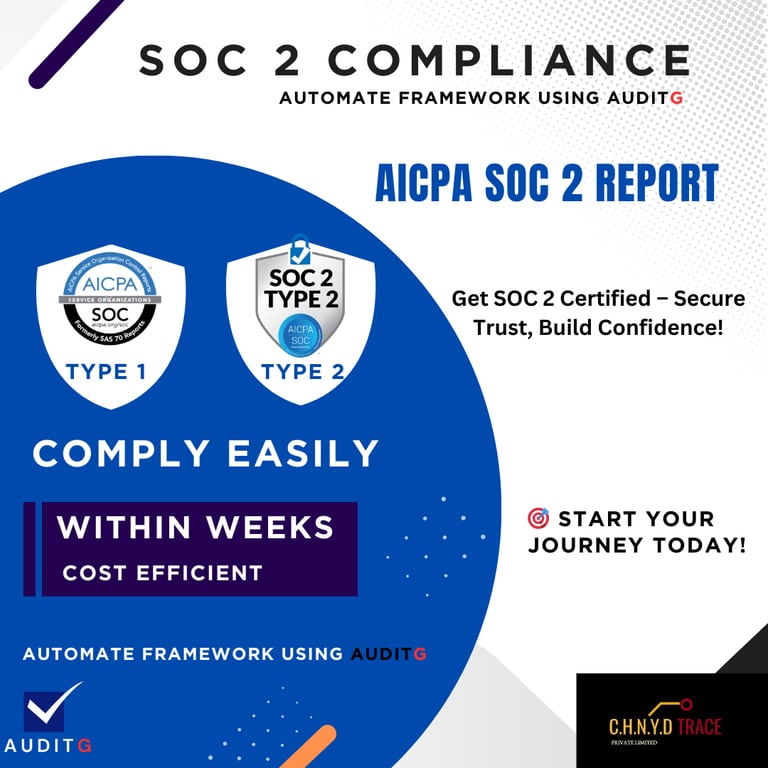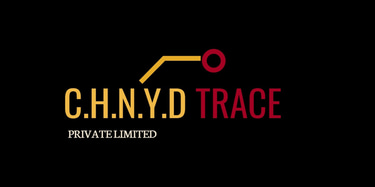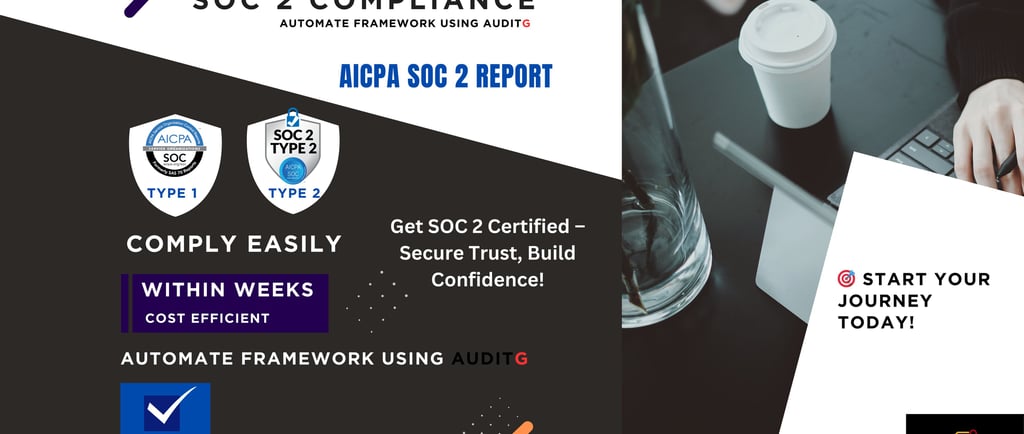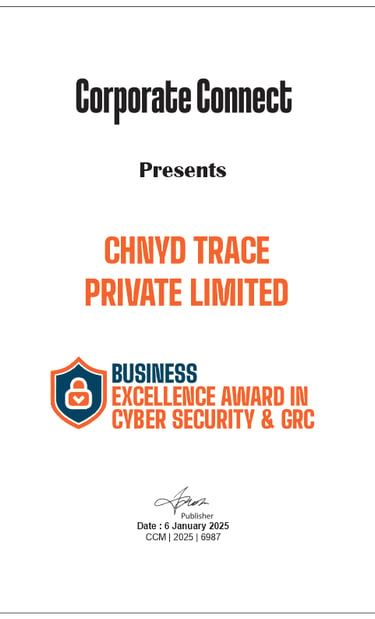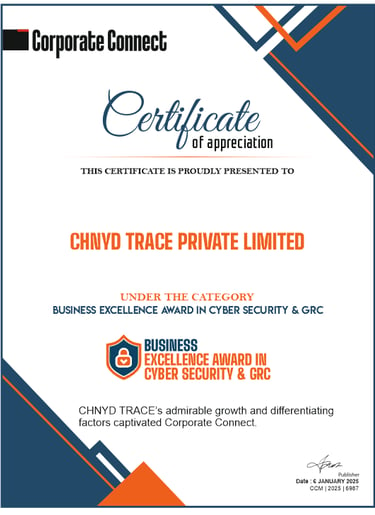soc 2 certification body
SOC 2 Certification Body: How to Choose the Best Certifying Authority
11/30/20245 min read
Understanding SOC 2 Certification
SOC 2 certification is a standard established by the American Institute of Certified Public Accountants (AICPA) that evaluates an organization’s information systems relevant to the Trust Services Criteria. Primarily relevant in the technology sector, SOC 2 certification is crucial for businesses that manage customer data, as it assures clients that their information is safeguarded in accordance with established criteria. This certification is increasingly becoming essential for organizations that provide cloud services or handle sensitive data, as it serves as a testament to their commitment to security and data privacy.
There are different types of SOC reports—most notably, SOC 2 Type I and SOC 2 Type II. SOC 2 Type I evaluates the design of controls at a specific point in time while SOC 2 Type II assesses the operational effectiveness of those controls over a defined period, typically ranging from six months to one year. Organizations typically choose SOC 2 Type II when they wish to demonstrate their ongoing commitment to security and operational excellence over time.
Achieving SOC 2 compliance involves adhering to specific conditions outlined in the Trust Services Criteria, which includes five key areas: Security, Availability, Processing Integrity, Confidentiality, and Privacy. Each area addresses different aspects of data protection. For instance, the Security criterion establishes a foundation for protecting data against unauthorized access, while the Availability criterion ensures that services are accessible as committed. Processing Integrity focuses on the accuracy and consistency of processing data, Confidentiality pertains to ensuring sensitive information is adequately protected, and Privacy deals with the management and protection of personal information.
Thus, obtaining SOC 2 certification not only enhances a company’s credibility and customer trust but also reflects a systemic approach toward managing data responsibly and securely. This certification offers customers assurance that their data is handled appropriately, thereby fostering a strong business relationship.
Factors to Consider When Choosing a Certification Body
When selecting a SOC 2 certification body, several critical factors should be evaluated to ensure that the organization receives the most effective and credible certification process. One of the foremost considerations is the reputation of the certifying authority. A certification body with a solid reputation in the industry signals reliability and trustworthiness. Organizations should look for testimonials from previous clients and engage in discussions to understand the certifying body's approach to SOC 2 compliance.
Experience is another significant factor. It is advantageous to choose a certification body that has demonstrated proficiency in auditing similar businesses. An organization should verify the certifying authority’s experience with companies of comparable size and industry characteristics. This experience ensures that the certifying body is well-versed in the unique compliance requirements and challenges faced by businesses within the specific sector.
Knowledge of industry-specific regulations and standards is also paramount. A certifying body that possesses thorough knowledge of the applicable regulations will be more equipped to guide the organization through the certification process. Their insights can assist in identifying potential areas of non-compliance early on, mitigating risks and delivering a smoother audit experience.
Cost is often a deciding factor, yet it should not be the sole consideration. Organizations need to ensure that they are receiving a comprehensive range of services that align with their specific needs. The overall certification process can include additional services such as pre-assessments, ongoing consultations, and assistance with remediation efforts, which can be invaluable to ensure adherence to SOC 2 standards.
Ultimately, selecting a certifying body that comprehensively understands the nuances of the organization's industry can significantly impact the efficiency and outcome of the certification process. Engaging with the right partner can not only foster compliance but also enhance the overall security posture of the organization.
Evaluating the Certification Body's Team and Resources
When selecting a SOC 2 certification body, organizations must carefully evaluate the expertise and resources of the team involved in the certification process. The credentials and experience of auditors and assessors play a critical role in ensuring that the evaluation is thorough and in compliance with industry standards. It is advisable to seek out certification bodies that employ professionals with relevant qualifications, such as Certified Information Systems Auditors (CISA) or Certified Information Systems Security Professionals (CISSP). This level of expertise is crucial to accurately assess potential risks and ensure that the organization meets SOC 2 requirements.
In addition to the qualifications of the auditors, one should consider the certification body's approach to risk assessment and its audit methodologies. A proficient certification body will typically utilize a risk-based approach, tailoring the assessment process to the unique needs and challenges of the organization. This bespoke method helps in identifying specific vulnerabilities and in effectively mitigating them, leading to a more reliable certification outcome.
Furthermore, the availability of resources is a significant factor in the overall value provided by a certification body. Organizations should look for entities that offer support in preparing for the audit, as well as ongoing consulting services that can help address compliance issues that may arise post-certification. The incorporation of advanced technology in the certification process, such as automated tools for continuous monitoring, demonstrates a commitment to efficiency and accuracy. These technological resources can facilitate real-time feedback and aid in maintaining compliance over time.
In summary, assessing the team and resources of a SOC 2 certification body is essential for organizations looking to ensure a successful certification experience. By focusing on the qualifications of the auditors, their approach to risk management, and the availability of comprehensive support services, organizations can choose a certification body that aligns with their operational needs and compliance objectives.
Post-Certification Support and Follow-up
Securing SOC 2 certification is a significant achievement for any organization, but it is crucial to recognize that this accomplishment marks the beginning of an ongoing journey toward compliance and security excellence. Post-certification support plays a vital role in maintaining the standards required for SOC 2. Organizations should seek a certifying body that does not only focus on the certification process itself but also provides continual support and resources afterward.
One key aspect of post-certification support is the need for continued compliance. Industry standards and regulatory requirements are constantly evolving, which necessitates an approach that keeps organizations informed and prepared to adapt. Maintaining compliance after obtaining SOC 2 certification means coordinating regular reviews and updates that incorporate emerging standards or changes in the law, which can be further facilitated by the certifying body.
Establishing a strong professional relationship with the certifying body can also be beneficial for ongoing audits and assessments. Engaging with the certification body post-award can lead to more streamlined processes during future audits, as the practitioners involved may already be familiar with your organization and its specific context. This familiarity can reduce potential delays and enhance the quality of assessments, providing clarity and assurance in compliance efforts.
Finally, many certifying bodies offer ongoing training and updates to enhance their clients’ knowledge regarding shifts in regulations or security best practices. Such resources not only bolster an organization’s understanding of compliance requirements but also build a culture of security awareness. By leveraging the support from their SOC 2 certification body, organizations can effectively enhance their overall security posture in the long term. This ongoing collaboration underscores the importance of not only selecting the right certifying body but also establishing a framework for sustained engagement that ultimately promotes security and compliance resilience.
Contact Us for SOC 2
Reach out for SOC 2 Type 2 certification inquiries and AICPA attestation details. We're here to assist you with your compliance needs.
